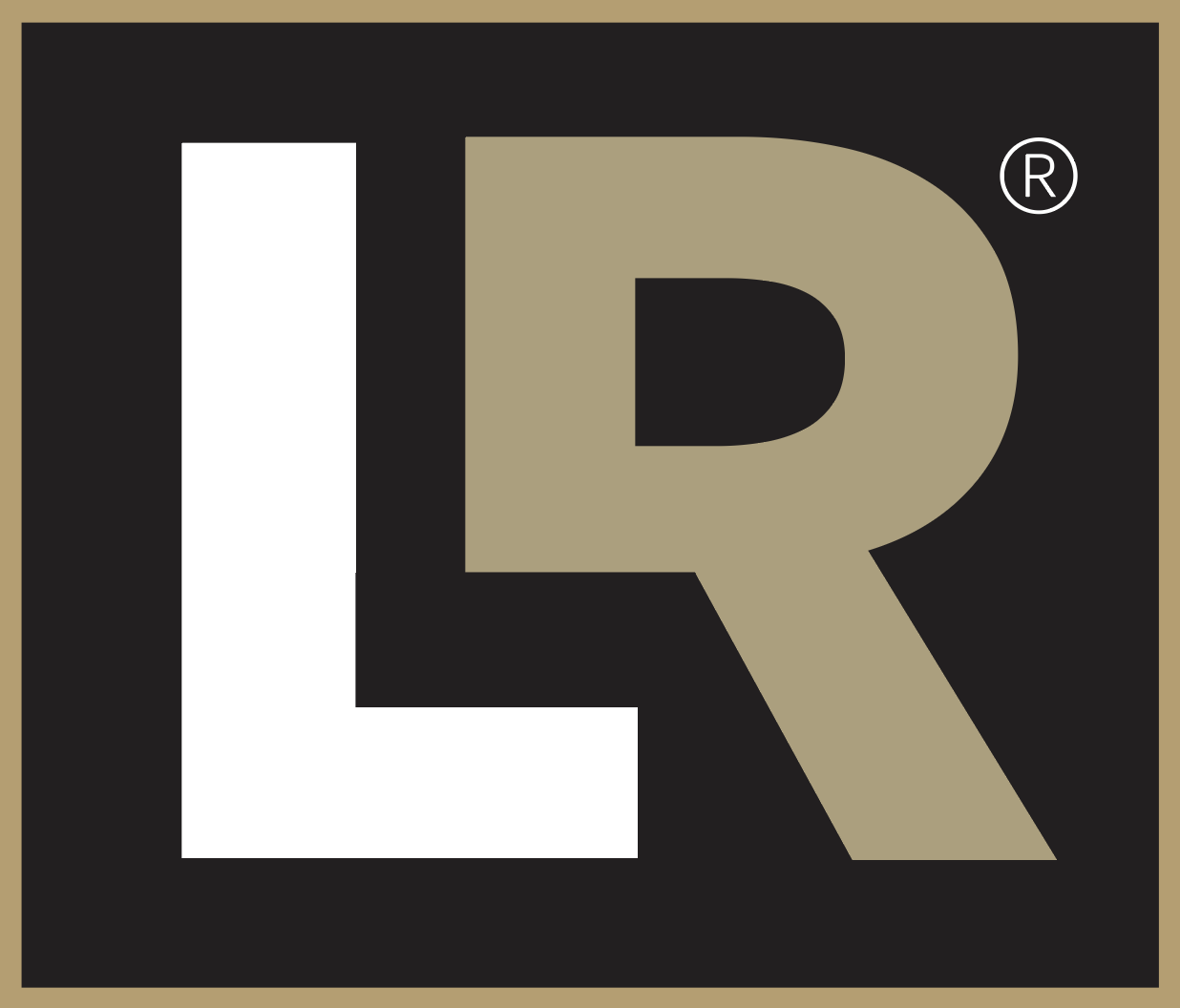Tips for Job Interviews

Tips for Job Interviews
Finding a great job is unearthing a hidden treasure or mastering the art of reading minds. You should have answers to all the possible questions recruiters have in their minds. To answer the question and see the smile in the eyes of hiring managers is a skill. It's a skill which one acquires after years of management, man-management and dedication.Young and aspiring candidates don't have the luxury of learned wisdom. They've got the passion on their side. One thing they do have in their hands is to prepare with all aspects of the interview covered. Think of it as a guerrilla warfare technique. The recruiters would ambush from anywhere. They're not after your response. The aim is to rattle the nerves. They check spontaneity, confidence, tone, belief. And above all, they prefer to see the willingness to take the challenge head-on.The most intriguing part is about salary. It's trickery, slippery surface. The recruiters would expect you to take time but also analyze negotiating skills. Every candidate must check the salary calculator. The tax calculator would process related information such as profile, company, location.How to Ace the Interview Before Stepping into the RoomCandidates begin the preparation by knowing about the company, ethos, social profile, vision. Common sense is the most effective weapon. By scanning through the literature, you'll stumble upon something vital. You'll have enough ammunition to make a point about what makes you a perfect fit for the job. It's the first significant victory. Spontaneity comes from knowledge, awareness of the surroundings.The interview room may give the impression of one-way communication traffic. You need to wait for the right moment to begin weaving the web. The strategy is to turn the conversation around the way you want it to flow. Recruiters expect you to talk. They may throw a bait by showing interest in your ability, hobbies. They'll encourage you to talk more. It's a red zone. There are landmines all over the place.Candidates should answer the obvious-type of questions with clarity without sounding sharp. The pauses, at the right time, show you know what you're talking about. Your tone and level of confidence should change pace. Answering the common and profile-specific questions should highlight the change in approach.How you pitch your strengths, scope-for-improvement areas help them to perceive the character. They don't buy the stuff from the person (Candidate) sitting next to them. They listen to your replies, judge and create an image in their minds. They could see you handling the tasks, duties assigned to the profile. You need to fit into the definition of what they think or seem to be the right candidate.Enact the Role of an Interviewer, Prepare to Grill the CandidateYour expectations, especially about your strengths, may force you to overlook the weaknesses. You miss the point how the recruiters could throw mud, murk by exaggerating the limit of weakness. Soon, your weaknesses override your strengths. You feel like a wounded, captured soldier. The feeling of betrayal is another example you could think. The reason we mentioned it is to prepare you for the worst possible questions.Be your own critic. Think of yourself as an interviewing manager. Imagine all the questions he would come up to leave you helpless. Have a pen and a paper around. Write down all the possible scenarios that could happen during the interview.Let's take the grilling aspect out of the equation. And consider the interviewers as a candidate. How would you approach the situation? You must enter into the mind of a recruiter and figure out how they think. It gives you the leverage to get out of tight spots with conviction. We all know there would be a time when you would get stuck in a situation. All you need at that time is the breakthrough model created after hours of rehearsal.
 Photo by Olga Delawrence on Unsplash
Photo by Olga Delawrence on Unsplash

